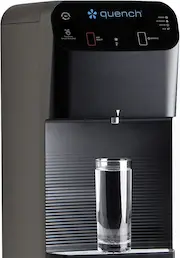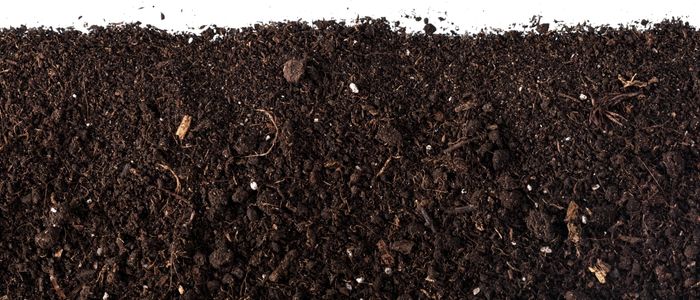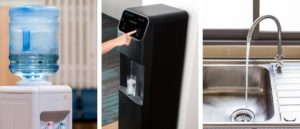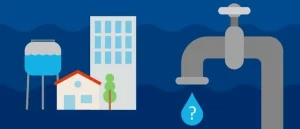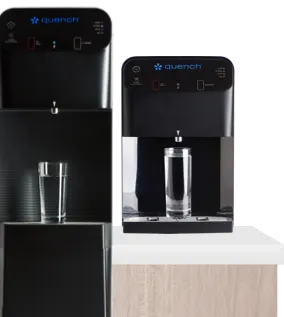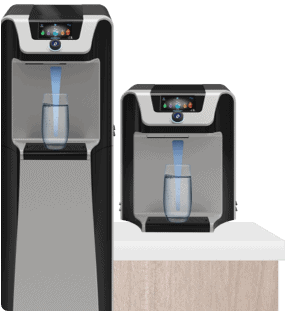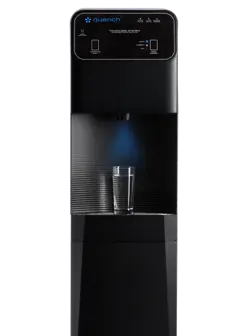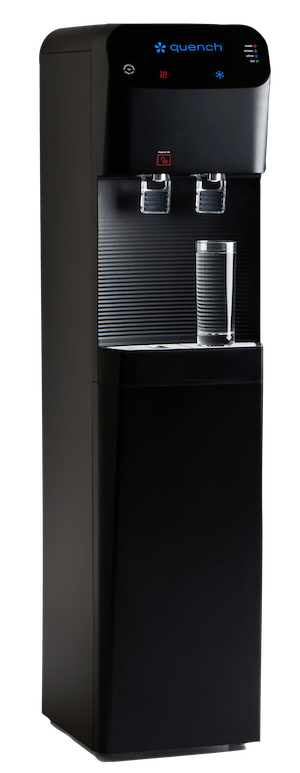Most people go out of their way to avoid the taste of dirt in their mouths. You wash fruits and vegetables before eating them and wash your hands after spending time gardening or outdoors. It can be off-putting to drink a glass of water and discover it tastes like potting soil. If your water tastes like dirt, it’s important to find out if it’s being caused by the environment or your faucets.
Quick Facts:
- Water that tastes or smells like dirt can be common, although the cause is not always easy to detect. You may have to perform water quality tests to discover the root of the problem.
- An isolated faucet with dirty-tasting water can usually be fixed by unscrewing the cylinder at the end of the faucet and cleaning it thoroughly before replacing it.
- If all water sources in your house or workplace have the same unpleasant taste, then the problem may stem from your public supplier. Contact your local water company to alert them of the issue and have them fix it as soon as possible.
- Poor-tasting water can be caused by environmental factors. Geosmin, also called “algae bloom,” is prevalent in the summer months and grows on the surface of bodies of water, such as lakes and reservoirs. Although not toxic, geosmin can cause an earthy taste if it makes its way into your drinking water.
- Although likely harmless, water that tastes like dirt is not appealing. Try using a filtered water cooler to improve the taste of your water.
What Causes the Taste?
If your water tastes like dirt, it’s more than likely harmless, albeit annoying. Do yourself and your taste buds a favor and get a filtered water dispenser to clean up your dirt problem and improve the overall quality of your household or workplace H2O.
Drinking water can sometimes have a dirt-like taste or grainy texture. This is not an uncommon phenomenon. One possible cause of foul-tasting water is that it may have been invaded by geosmin, a fickle compound made up of soil and plant bacteria, or algae blooms. Geosmin is so potent that it only takes 10 nanograms per liter for the human palate to detect a dirt-like taste.
As for algae blooms, if you notice a soil-like taste around summertime, then you may have found the source of what has been affecting the taste of your water. When warm weather sets in, algae begins to multiply at the bottom of lakes, ponds, and other water sources. Although harmless, both “all-too natural” culprits make for poor-tasting water.
What Should You Do?
If you suspect bacteria in your pipes may be the cause of the problem, start by testing to see if every faucet in your house has the same dirt-like taste or if it’s an isolated tap. That may help you detect whether the fault lies with your entire plumbing system or a lone tap. If it’s a single source, chances are your aerator, the tiny cylinder screwed to the end of your faucet, may be dirty.
To check for dirt in the aerator, unscrew it from the faucet and try tasting the water again. If it still has a strange taste, you may have an accumulation of bacteria. To eliminate bacterial build-up from an aerator, unscrew it from the faucet and clean it thoroughly, or simply replace it with a new one. If any of the components of the aerator are stuck, try soaking them in vinegar.
If you’ve checked your taps and have found that all of them are spewing dirty-tasting water, then the cause is most likely coming from the main supply of your water source. For most people, their water comes from a public water company, and you can give them a call to discuss the issue with them directly. However, if you use a private well, you will have to call a specialist that can come inspect your well. It’s not unheard of for sediment to make its way into the water supply.
Improving your Drinking Water
Over 316 contaminants have been detected in water reservoirs across the U.S. As such, it’s vital to get your water tested or find alternatives to tap water if you suspect that your water quality poses a threat to your health or has an off-putting taste or aroma.
Our mission at Quench is to deliver fresh, clean water to all workplaces across North America via our innovative water coolers with advanced filtration technology. Many Quench water coolers produce high-quality alkaline water called quenchWATER+, which is our Quench-branded mineral-infused and electrolyte-enhanced alkaline water. We produce quenchWATER+ using state-of-the-art filtration technology to remove sediments, contaminants, and bad tastes while adding minerals and electrolytes to create the best alkaline water for optimum hydration.
Browse our collection of water coolers with quenchWATER+ or request your quote for a water cooler today.
